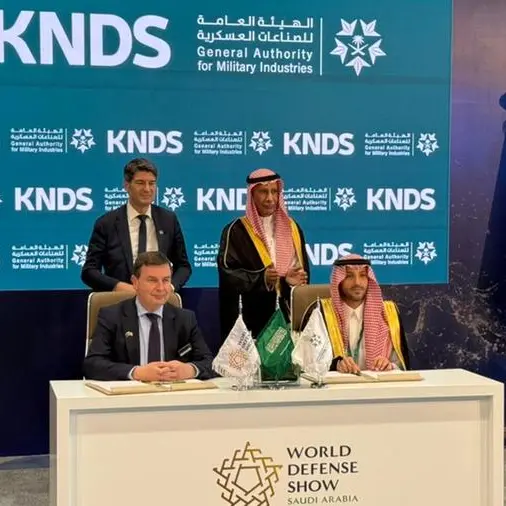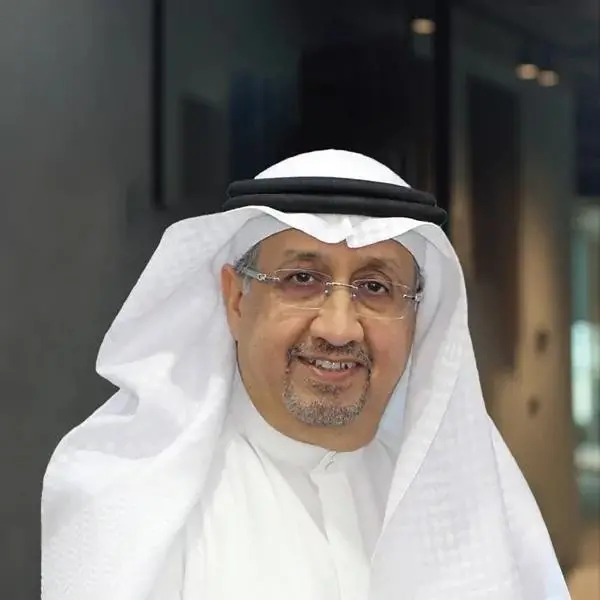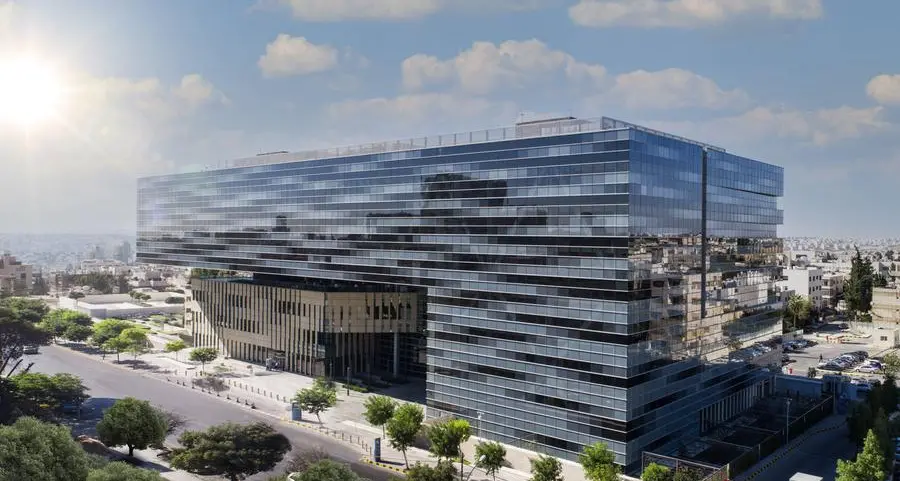- An unprecedented 70% increase in UAE nationals in the private sector, reaching a total of over 50,000 nationals.
- The number of UAE nationals who joined the private sector since the launch of the programme reached more than 28,700 and 32,566 beneficiaries from NAFIS’ financial support programmes.
- 8,897 companies have reached the 2% Emiratisation target or more by end of 2022.
- 2023 Emiratisation targets aim to create no less than 24,000 job opportunities for Emiratis in the private sector.
- A governance system implemented by the Ministry of Human Resources and Emiratisation to ensure adherence to Emiratisation policies and regulations.
Abu Dhabi, United Arab Emirates: H.H. Sheikh Mansour bin Zayed Al Nahyan, Deputy Prime Minister and Minister of Presidential Affairs, has chaired the first meeting of the Emirati Talent Competitiveness Council in 2023, in the presence of H.H. Sheikh Abdullah bin Zayed Al Nahyan, Minister of Foreign Affairs and International Cooperation. The meeting addressed the achievements of the NAFIS programme since its establishment in terms of qualifying, supporting and enabling UAE nationals in the private sector.
The ETCC announced that the number of vacancies occupied by UAE nationals in the private sector within the framework of NAFIS has exceeded expectations during the year 2022, with a remarkable 70% increase, amounting to over 50,000 UAE nationals working in the private sector.
NAFIS data shows that the number of UAE nationals who joined the private sector since the launch of the programme reached more than 28,700 by the end of 2022, while the number of beneficiaries from NAFIS’ financial support programmes reached 32,566. Furthermore, data showed that 1,300 male and female students have enrolled in NAFIS’ ‘National Healthcare Programme’ and 643 enrolled in the ‘Talent Programme’. On the other hand, the number of registered partners on the NAFIS platform has reached 7,017 company, and 17,481 job vacancies have been posted through the platform. In addition, since its launch, NAFIS signed 24 agreements with strategic partners, including 6 agreements with universities implementing the National Healthcare Programme, and 4 agreements with strategic partners in the semi-governmental sector in a pledge to provide more than 11,000 jobs through outsourcing companies and suppliers.
The ETCC Board reviewed some of the policies and decisions issued since the launch of NAFIS, the most important of which included the Cabinet’s decision to establish the Emiratisation targets and impose fines on establishments that are not committed to achieving the set targets, and transferring them to the NAFIS Fund, in addition to the decision to establish the NAFIS Fund, the decision regarding violations and penalties applied by the Council, and the eligibility updates for the benefits provided by NAFIS and the increase in salary top-ups and child allowance.
The ETCC Board also reviewed the results of the set 2% Emiratisation target in the private sector by the end of 2022, and data showed that a total number of 9,293 companies have reached the 2% Emiratisation target or more, while the total contributions due in January 2023 from companies that have not achieved the required target in 2022 amounted to approximately 400 million dirhams.
In addition, the meeting examined the mechanisms used by the Ministry of Human Resources and Emiratisation to detect violations of Emiratisation policies, and the results of the monitoring and compliance system regarding the commitment to the set Emiratisation target in the private sector for the year 2022. With thorough investigations, data showed that the total number of false Emiratisation cases reached 227 cases, with an administrative fine also imposed on the violating establishments, (109 establishments), who have been downgraded to Category (3) according to the applicable criteria of classification approved by the Ministry, while 20 violating establishments were referred to the Public Prosecutor to face penal measures and stop the benefits of 130 nationals. Actions are being taken to recover the amounts.
During the meeting, the Council addressed some of the strategic plans prepared by the Council during 2022, the most important of which included plans for supply and demand in the labour market 2022-2026, the most attractive and crucial sectors to focus Emiratisation efforts on, in addition to the most important initiatives and policies proposed for the year 2023 to advance the Emiratisation agenda in the private sector in a faster and more effective way.
The meeting also addressed the results of the first phase of the "NAFIS... Your Way" campaign, which aims to highlight the success stories of Emiratis in the private sector and change perceptions about the work environment and opportunities that it offers, as more than 101 success stories were shared during 2022 through visual, audio and written means of communication as well as social media platforms.
Furthermore, the Board approved the Emiratisation targets in the private sector for the year 2023, which aim at increasing the employment of UAE nationals in the private sector in light of the commitment of companies to achieve the targeted Emiratisation rate (4%) by the end of 2023. With the 2% annual increase, the intended target is to reach (10%) by 2026.
The Board also approved the launch of the NAFIS Youth Council under the supervision of ETCC, which aims to create a platform to communicate with the youth category in the private sector, and for youth to be able to contribute to supporting NAFIS by participating in initiatives and discussions and sharing their success stories and achievements to benefit from their experiences and creative ideas in terms of coming up with new projects, initiatives and programmes, and identifying the challenges which face today’s youth who work in the private sector and proposing appropriate solutions.
In addition, the Board approved of the ETCC’s new operational model which will enable it to play its required role for the next stage, as the Council will continue to look after the implementation of NAFIS’ programmes and initiatives, and continue its strategic role in preparing and following up on policies, systems, partnerships, studies and strategic reports related to the work of UAE nationals in the private sector and changing their perception of the private sector.
The meeting was attended by His Excellency Muhammad bin Abdullah Al Gergawi, Minister of Cabinet Affairs, His Excellency Hessa bint Issa Bu Humaid, Minister of Community Development, His Excellency Abdullah bin Touq Al Marri, Minister of Economy, His Excellency Dr. Abdulrahman bin Abdulmanan Al Awar, Minister of Human Resources and Emiratisation, and His Excellency Dr. Ahmed bin Abdullah Humaid Belhoul Al Falasi, Minister of Education, Her Excellency Shamma bint Suhail bin Faris Al Mazrouei, Minister of State for Youth Affairs, Her Excellency Sarah bint Yousef Al Amiri, Minister of State for Higher Education and Advanced Technology, Her Excellency Jassim Muhammad Buataba Al Zaabi, Chairman of the Department of Finance in the Government of Abu Dhabi, members of the Board of Directors, and His Excellency Ghannam Al Mazrouei, Secretary General UAE National Competitiveness Council.
In this regard, His Excellency Ghannam Al Mazrouei, Secretary General of the Emirati Talent Competitiveness Council, indicated that the Council seeks to translate the leadership’s directives by qualifying, training and employing nationals to work in the private sector and urging companies to post their jobs offers through the NAFIS platform. He expressed that the Board is satisfied with the results achieved so far, however the Council seeks to achieve more in cooperation with strategic partners and private sector companies in the private sector, who played a crucial role in the achieved results. His Excellency pointed out that the NAFIS Youth Council will be an opportunity to hear the opinion of young people on NAFIS’ programmes and initiatives, receive their suggestions, and discover the obstacles they may be facing. His Excellency also expressed that the Council will intensify its efforts in the coming period in the development of policies, and strategic plans, in addition to supervising the implementation of NAFIS’ programmes, the progress in terms of the employment of nationals and offering them the opportunity to work in jobs that are compatible with their capabilities and qualifications, and ensuring they are able to meet future requirements in line with the next stage.
-Ends-



















